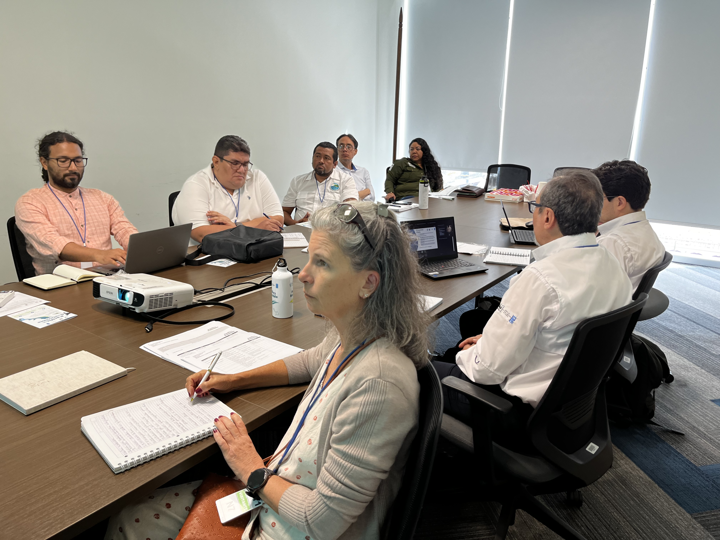Strengthening transboundary marine governance
In January 2024, Sustainable Pacific embarked on a journey through the countries of the Pacific Central American Coastal Large Marine Ecosystem (PACA LME), participating in the Sustainable Pacific project: Mexico, Guatemala, El Salvador, Honduras, Costa Rica, Panama, and Ecuador. The goal of this journey was to foster cooperation and dialogue among a wide range of key stakeholders, including environmental ministries, fisheries secretariats, academia, regional bodies, and non-governmental organizations. The project's mission was to present its initiatives and underscore the critical importance of having a collaborative information system for the PACA LME.
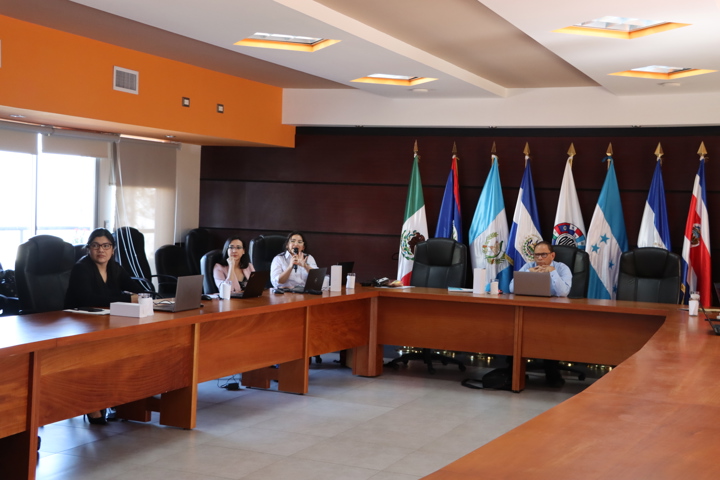
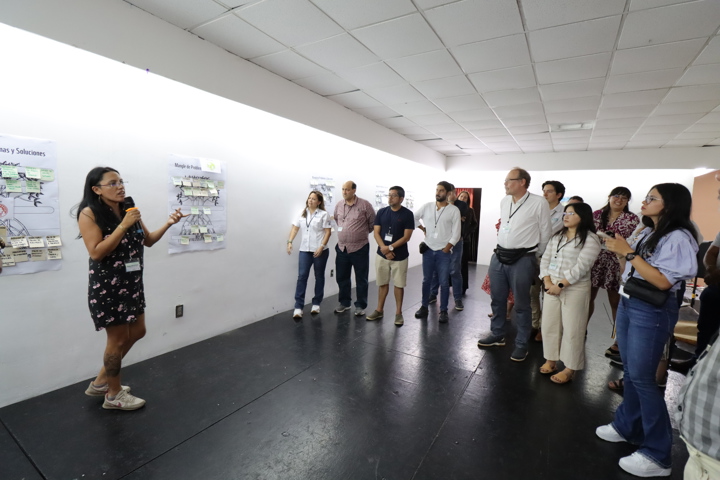
The challenges to the sustainability of this eastern Pacific region are significant, facing a scarcity of scientific information and a shortage of institutional synergies. In response, Sustainable Pacific seeks to identify a set of regional indicators that reflect the health status of the PACA LME, covering essential aspects such as governance, prosperity, climate change, social aspects, marine and coastal conservation, and gender and inclusion.
Throughout the meetings, priority was given to indicators that provide an objective vision and regional relevance. These indicators were based on reports, national policies, and coastal marine spatial planning. This collaborative effort reached its climax in a regional workshop held in Huatulco, Mexico. The project's technical committee and collaborating entities reviewed and refined the identified indicators at the workshop. This proposal is a crucial component of the Transboundary Diagnostic Analysis (TDA), an exercise to identify, quantify, and prioritize the transboundary environmental issues and opportunities that need to be addressed.
The consensus and collaboration achieved in Huatulco represent a crucial moment in assessing the progress toward sustainability of the PACA LME. As the project progresses toward the end of the second year, the team will review and adjust these indicators based on concrete experiences, ensuring a final set that faithfully reflects the current state of the ecosystem.
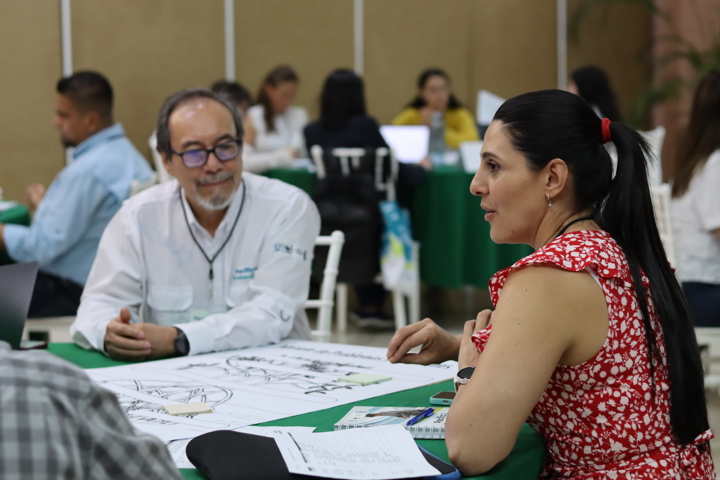
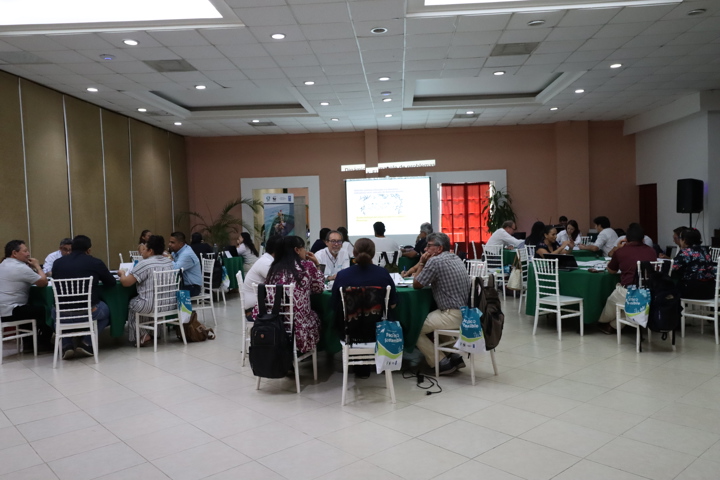
Furthermore, a proposal for a collaboration framework dedicated to long-term monitoring and reporting on the state of the PACA LME is being developed. This framework contemplates establishing collaboration agreements with key partners to ensure that information flows into a public access portal.
Upon concluding this collaboration and joint work chapter, the long-term information mechanism and collaboration agreements will be formally communicated to participating partners, laying the foundations for effective and sustainable transboundary marine governance. A path towards a future in which the Pacific Central American Coastal Large Marine Ecosystem survives and thrives is being outlined together, demonstrating the power of collaboration in preserving these precious marine resources.
About the project
Funded by the GEF, implemented by UNDP, and executed by WWF, the Sustainable Pacific project is a regional initiative that seeks to strengthen the management of the Pacific Central American Coastal Large Marine Ecosystem (PACA) and unite the efforts and commitments of participating countries — Costa Rica, Ecuador, El Salvador, Guatemala, Honduras, Mexico, Panama, and key actors to achieve a resilient and sustainable blue economy.
For more information about the project, please contact Karla Pérez (kperez@wwfca.org) or visit the dedicated page on iwlearn.net.
Words by Karla Pérez


